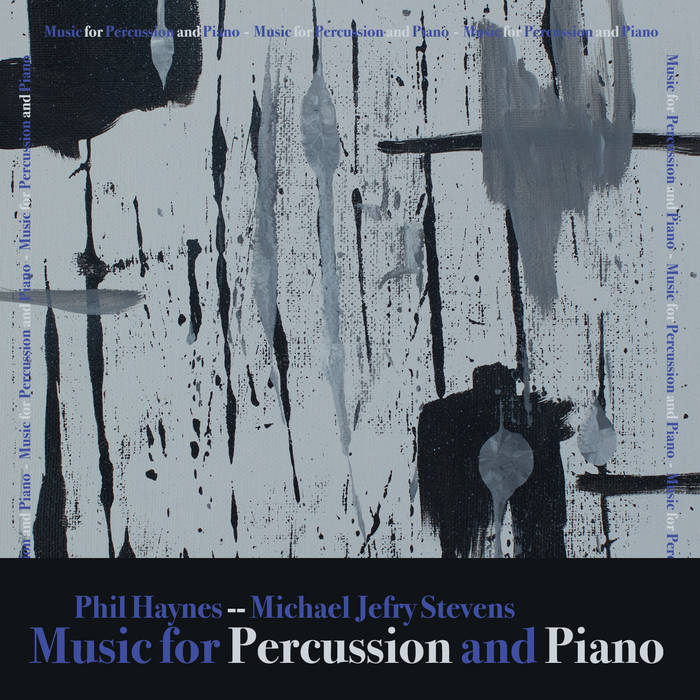Music by definition leaves the listener free to weave appreciative meanings in the hearing, especially if instrumental and thereby textless. The best sorts of music no doubt have been put together as meaningful to the composers/players. Then in time the fragility of it all of course turns around the open ended way that music speaks to us as we are the audience, we who so necessarily bring our experiential selves to the aural feast. Today's album in its own way epitomizes the evocative glow of extended meaning with some music that rings forth to my ears with a memorable lucidity.
So we have the chance to discover a new album that I might not have known of were I not sent it. I found it a surprise in the best ways. So we turn here to Quadro Nuevo and their Odyssee, A Journey Into the Light ( FM-323-4). It is an Italy-facing musical journey that means to capture the mythical story weaving centered around the Aeolian Islands below Sicily. Like most of the review music, I first listened a number of times without reading the liners or knowing exactly what the music represented. Happily the music spoke to me and I did feel some of the beautiful potential of such a general subject space without knowing the why of it.
Aa I listened the myriad of compositional themes and a fully Jazz articulation of them struck me as soaked in the folk-like possibilities of a kind of Italian Folk-Jazz, sort of reflecting musically upon the accessible depth of possibility and so glancing upon as one listened the palpable beauty of Bossa-like lyricality along with the melodic strength of later Brazilian Jazz but that in terms of kinship, not imitation, So also I felt a little of the Birth of the Cool brilliance, maybe some Wayne Shorter in the compositional articulate elements.
All this to portray the Odyssee-al song story of setting forth on a mythical sail.
So Quadro Nuevo excels in a straightforward but folk-redolent way, with some excellent compositions/ arrangements for a rather large ensemble. The pieces are by, respectively, Mulo Francel (saxes, clarinet), Paulo Morello (guitar), Chris Gall (piano, keys), D D Lowka (bass), Andreas Hinterseher (accordion), and Robert Kainar (drums). Add to that Philipp Sterzer, flutes, and Max Geller alto sax, and there you have the complete roster.
All these folks give us compositional gems rubbing with sincerely fetching improvisations. A bunch of listens give you access to what makes this music tick, and for that it is special, very nicely wrought, something poetically lyrical and in no way ordinary. It is folksy in the best way, and the Mediterranean breezes breathe significantly and happily through every bar. An outstanding go of it, this is. Highly recommended.




